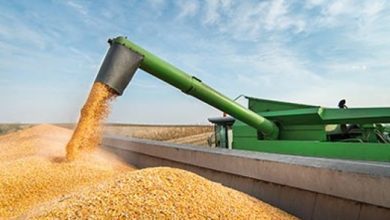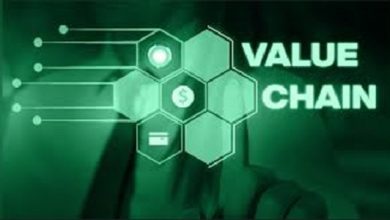Economics/Business
Economics
Economics is the social science that studies how individuals, businesses, governments, and societies allocate scarce resources to satisfy their unlimited wants and needs. It is concerned with the production, distribution, and consumption of goods and services, and the decisions and behaviors of individuals and institutions that shape these processes.
By reading the intensive articles of Englopedia.com you will grasp that it is a broad field that encompasses various branches and subfields, including microeconomics, macroeconomics, international economics, labor economics, behavioral economics, and many others. Microeconomics focuses on the behavior of individuals and firms, while macroeconomics looks at the overall performance of the economy, including issues such as inflation, unemployment, and economic growth. International economics examines the flow of goods, services, and capital across borders, while labor economics focuses on the behavior of workers and employers in the labor market.
Englopedia will make you aware that Economists use a range of tools and techniques, such as mathematical modeling, statistical analysis, and experimental methods, to study and analyze economic phenomena. They aim to understand how markets work, how individuals and institutions make decisions, and how public policies and institutions impact economic outcomes.
Through the leading articles of Englopedia you will realize that Economics has significant implications for individuals, businesses, governments, and societies, as it can inform decisions related to investments, production, taxation, trade, and social welfare policies. It is a crucial field of study for understanding the functioning and dynamics of modern economies and for addressing pressing global issues, such as inequality, climate change, and economic development.
-

What are Agricultural commodities/Types/advantages/risks/3 tips
What are Agricultural Commodities? Agricultural commodities are primary products traded “in natura” or with a low level of industrialization. The term commodity,…
Read More » -

Types of market research/purposes/advantages/Tips for conducting
What Is Market Research? Surely, you must have already seen that, during the electoral period, all the media mobilizes to…
Read More » -

What is pricing/ purpose/importance/factors/strategies/break even point
What Is Pricing? Pricing is the process of defining the monetary value to be charged to the customer for a product, good…
Read More » -

What is a value chain/origin/purpose/Advantages/implementation
What Is A Value Chain? Value chain consists of coordinated activities that, through specific processes , generate products with intangible and market values. The concept…
Read More » -

What is a Hackathon/origin/purpose/types/participants/advantages/challenges
What Is a Hackathon? Hackathon is a competitive dynamic , with a predetermined location and duration, widely used in companies to sharpen…
Read More » -

What is internal customer/importance/difference/types/improvement
The Internal Customer has a relationship with the company, which goes beyond the acquisition of products or services. Learn more about…
Read More » -

Who is a customer/Concept/How to segment/types/Importance
The customer is an individual or company that purchases your organization’s products or services. It is an agent of fundamental importance…
Read More » -

What is Customer Centric/purpose/importance/ benefits/challenges/measurement/Examples
What Is Customer Centric? Customer Centric , in a literal translation from English to Portuguese, is a strategy that, as…
Read More » -

Ethics and morals/Origin/importance/relationship/Examples
What Is Ethics And Morals? Ethics and morals are two concepts that concern human behavior in society , but they are not…
Read More » -

What is joint venture/purpose/advantages &disadvantages/Types
What Is Joint Venture? Joint venture is a business collaboration model that consists of the union of two or more companies with…
Read More »